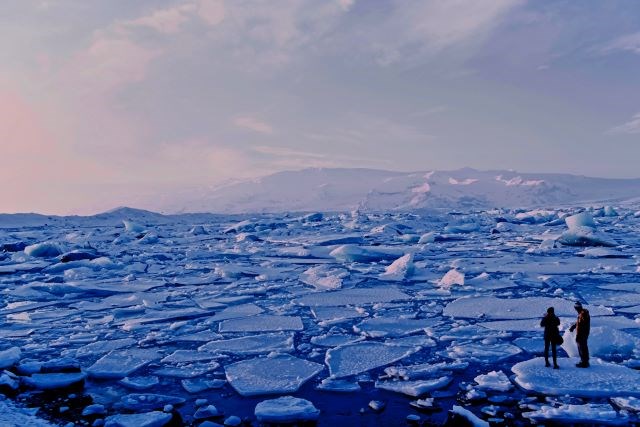Understanding transformative societal change towards a sustainable future

In their special report on global warming of 1.5°C (SR15), the Intergovernmental Panel on Climate Change (IPCC) states that rapid transformational change is needed to reach the global temperature targets of the Paris Agreement. But what does transformative change mean? What aspects of society needs changing, and how should change be enacted?
In an article published in Frontiers in Climate, Rolf Lidskog and Göran Sundqvist analyze how the IPCC understands transformative change based on the SR15, and compare this to how transformative change is conceptualized at a national level in Sweden. They argue that a qualified understanding of society is necessary to identify what aspects of society that the transformative change should concern and how to implement this change, which the IPCC does not sufficiently integrate in their proposed ways to mitigate global warming. Instead, the IPCC mainly focuses on the technological shifts in energy supply from fossil fuels to renewable energy, without properly accounting for the societal changes that need to accompany such a shift. Even in more recent reports by the IPCC, social scientific research is not sufficiently integrated in the proposed ways to mitigate global warming.
On a national level, Sweden also shares the same fragmented understanding of the climate crisis, favoring shifts in energy supply while deeming transformative change in other areas such as restructuring the economic system and questioning consumption patterns unnecessary. The authors conclude that there is a need for an elaborated, consistent, and deeper understanding of transformative change that is not limited to only energy supply. There is not only a pressing need for energy-related technological development, but also for social transformation, in order to reach the goals of the Paris Agreement to limit global warming.
Lidskog, R., & Sundqvist, G. (2022). Lost in transformation: The Paris Agreement, the IPCC, and the quest for national transformative change. Frontiers in Climate. Read more about the article here
